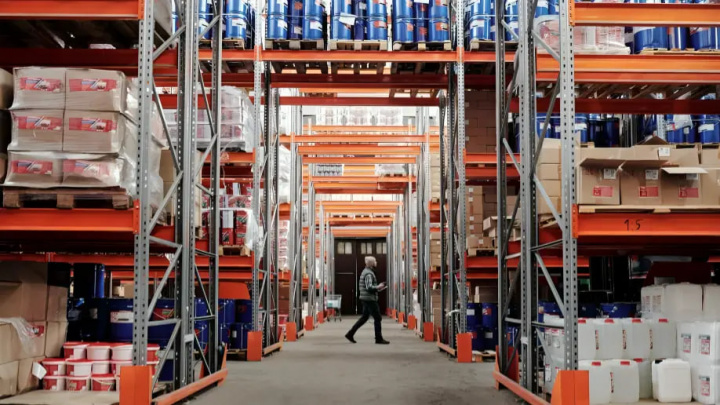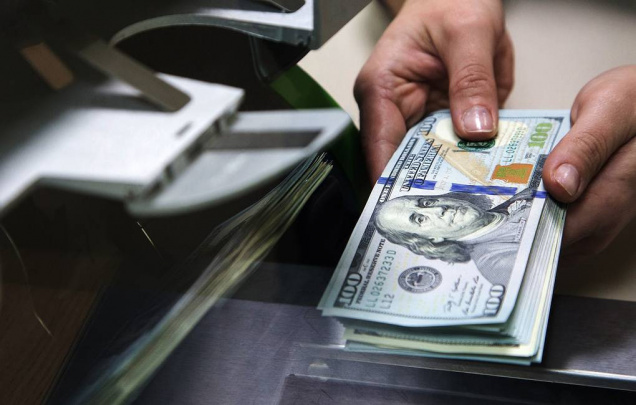Export profits up for Uzbekistan's fruit and vegetable sellers
The Chamber of Commerce has reported that despite the imposition of minimum export prices, fruits and vegetables are being sold abroad at significantly higher rates, resulting in increased profits for exporters.
According to the CCI, the enforcement of these minimum export prices has not dampened the country's produce exports. In fact, the following items have seen considerable increases in selling prices compared to their minimum thresholds:
- Cherries are being sold for $2.53 per kg, notably higher than the minimum price of $2.00, although over 50 percent were previously exported for $0.93 in 2023, equivalent to 11,000 UZS.
- Apricots are currently being sold for $1.75 per kg against a minimum of $1.20, with over 50 percent having been exported at $0.83 in 2023, or 9,600 UZS.
- Lemons have a set minimum price of $0.75 but are being sold for $1.23, a significant increase from last year's export average of $0.59 or 6,800 UZS.
- Plums' prices have rocketed from a minimum of $0.90 to actual sales figures of $1.39, with over half of the exports last year at $0.34 or 4,000 UZS.
- Peaches, once stringently priced at a minimum of $1.50, are now being sold for $2.92, contrasting sharply with the 50 percent that was exported for $2.06 or 24,000 UZS in 2023.
- Strawberries' minimum price of $1.20 is marginally undercut by the current sale price of $1.27, up from $0.78 or 9,000 UZS in the previous year.
- Tomatoes are valued at $0.96 for export, a slight uptick from the minimum price of $0.90 and a notable jump from the $0.45 or 5,200 UZS export price in 2023.
- Cucumbers have surpassed their $0.70 minimum to sell for $0.83, compared to last year's $0.37 rate or 4,300 UZS.
- Red cabbage is being sold for $0.55, outstripping its $0.50 minimum and much higher than last year's $0.12 return or 1,400 UZS.
- Carrots have exceeded their $0.32 minimum to reach $0.44, against an over half export rate of $0.23 or 2,700 UZS in the previous year.
Notably, the Chamber of Commerce, not the government, sets these minimum prices, and no state agency is authorized to curtail or suspend exports.
Related News

12:17 / 20.02.2026
Uzbekistan seeks to boost construction material exports to the Hungarian market

15:36 / 14.02.2026
Uzbekistan launches four-stage startup ecosystem from schools to export markets

12:39 / 13.02.2026
Uzbekistan buys nearly all of Tajikistan’s coal exports in 2025

16:06 / 11.02.2026



